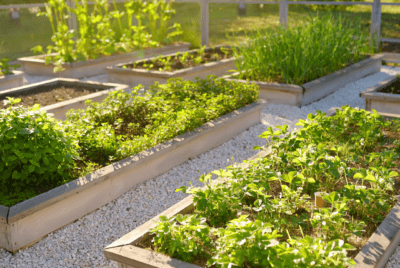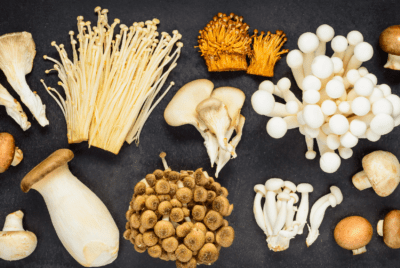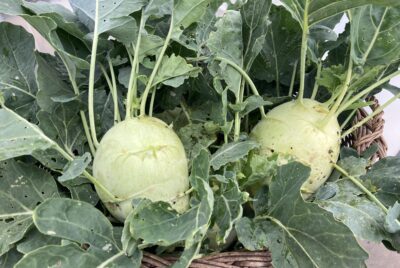RESEARCH
Community Garden Initiatives Addressing Health and Well-Being Outcomes: A Systematic Review of Infodemiology Aspects, Outcomes, and Target Populations
Summary
This study looks at the connection between community gardens and people’s health and well-being. Researchers reviewed a lot of existing studies to figure out how community gardens help people. They wanted to know if gardening in these spaces actually makes people healthier and happier. They found that a large number of the studies came from the United States, and many focused on community gardens as the main activity being studied. Most studies looked at adults, and often, “general health” was used as the measure of success. While there was some variation in how the studies were done and what they measured, community gardens seemed to help people’s mental health, social connections, and physical health.
The review suggests that community gardens are a good way to promote well-being in cities and can be considered a creative way to boost public health. The researchers also found that there was a need for better, more consistent ways to measure the impact of community gardens on health. They propose that understanding the different ways community gardens impact health can help create future plans and initiatives, and that more urban green spaces enhance sustainability and strengthen neighborhoods.







